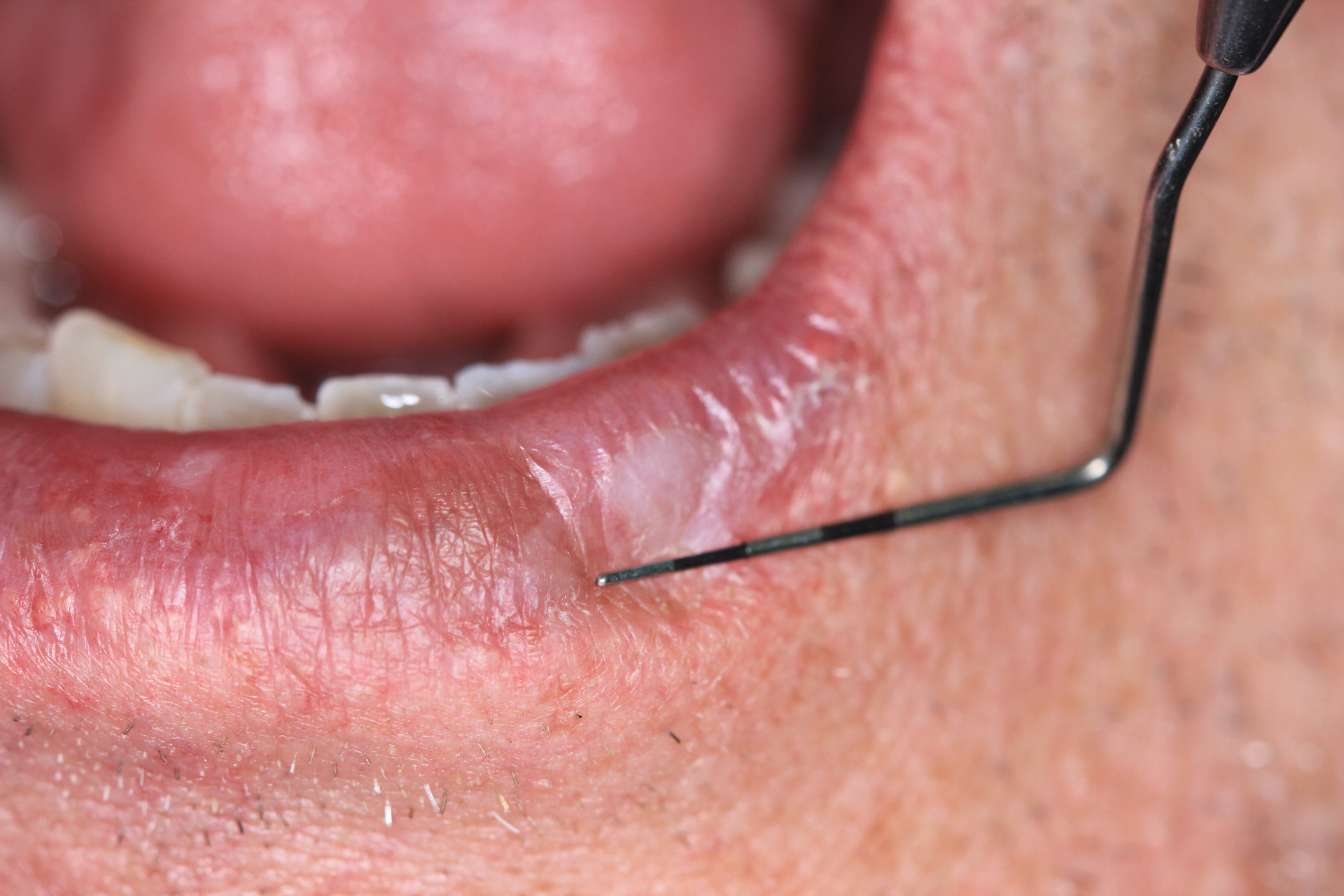



Prior to performing crown lengthening, we will conduct a thorough examination of your oral health to determine any underlying conditions that need to be addressed, and if necessary, take a 3D cone beam computed tomography (CBCT) scan, which will provide us with 3D images of your bone, nerve pathways, soft tissues, and teeth, which allows us to make informed treatment decisions.ĭuring the crown lengthening process, we will do everything we can to ensure that you experience minimal discomfort, which is why we offer varying levels of sedation, including oral sedatives, nitrous oxide, and intravenous (IV) sedation. To schedule an appointment, for a biopsy or to diagnose and treat an oral disease, contact us today at (800) NEW-LOOK. For over three decades, we have proudly provided thousands of patients in the Tampa Bay area with dental implant and oral surgery services, including oral surgery, Same Day Teeth®, and periodontal services. Once a diagnosis is determined, a treatment plan can be developed.Īt Coastal Jaw Surgery, every patient who walks through our door will receive VIP Treatment delivered by dedicated professionals who are leaders in their fields and ready to provide you with personalized care using the most cutting-edge dental technology available. If a suspicious area is identified, a biopsy can be performed and examined by a pathologist to determine a proper diagnosis. During routine visits, our staff will provide a comprehensive examination, that includes examining for indications of oral cancer. Oral cancer symptoms often do not occur until the cancer has progressed, which is why it is so important to schedule regular examinations. Sensitivity of the neck, mouth, or faceĪs is the case with all types of cancer and any type of oral pathology, early detection is the best way to increase your likelihood of successful treatment.Eroded areas, roughs spots, or lumps on the gums, lips, or other oral tissues.While early stages of cancer often do not present obvious signs, the following may be indications that oral cancer has developed: Oral cancer can occur in the throat, pharynx, sinuses, floor of the mouth, cheeks, tongue, and lips. Once a diagnosis is determined, a treatment plan can be developed.Īccording to a report from the Oral Cancer Foundation, this year nearly 50,000 Americans will be diagnosed with oral cancer. While oral pathologists can identify and treat a range of oral health issues, the most critical type of oral disease they treat is oral cancer. Diseases may involve the tongue, gums, joints, supporting bones, soft tissues, and teeth. We also participate in clinical research in head and neck cancers and inflammatory processes through Northwell’s Feinstein Institutes for Medical Research.Oral pathology is the study of causes and effects of diseases that affect the mouth and surrounding structures. Our comprehensive services and extensive expertise mean we can meet the demands of referring clinicians and their patients. These experts have specialty qualifications and experience in the pathological processes that affect the mouth, and work closely with our oral and maxillofacial surgeons to provide the best patient care. We also focus on lymphoproliferative processes and non-neoplastic processes, including immune-mediated mucosal diseases.Īll lab specimens from the salivary glands, maxillofacial region, oral mucosa, and paranasal sinuses are interpreted by board-certified oral and maxillofacial pathologists. We are a designated center of excellence for the study of tumors and conditions of the oral mucosa (the mucous membrane lining of the mouth, including cheeks and lips), jaws, salivary glands and structures of the oral and maxillofacial region.

Oral and maxillofacial pathology services are available through the Department of Dental Medicine and the Department of Pathology at Long Island Jewish Medical Center.


 0 kommentar(er)
0 kommentar(er)
